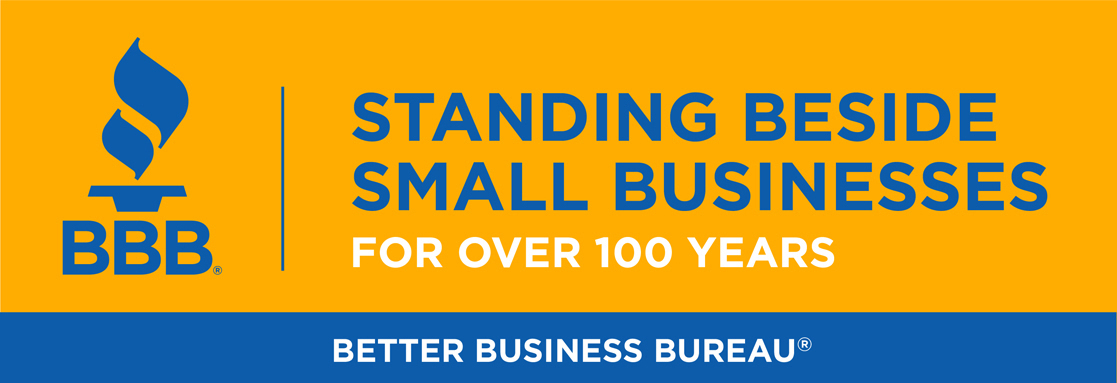When summer storms and heavy rains inflict damage on vehicles, homes, businesses, and other property, Better Business Bureau® (BBB®) warns consumers to be on the lookout for unscrupulous storm-chasing contractors seeking to cash in on the destruction.
Fly-by-night contractors often go door-to-door after storms, offering to help victims clear debris or patch up homes.
After past storms, BBB has taken complaints about contractors who took deposits from consumers and did little or no work. Some couldn’t be reached when consumers wanted refunds or were dissatisfied with the repairs.
Michelle L. Corey, BBB St. Louis president and CEO, advises consumers to contact their insurance coverage provider and check businesses out with BBB before writing a check. BBB Business Profiles give consumers vital information about how companies operate, including letter-grade ratings, and whether they resolve customer complaints.
“Storm victims need to do their due diligence and not be rushed into making a decision,” Corey said. “Consumers should do their research to find qualified and reliable contractors before they sign a contract or pay any money.”
Tips to consider when hiring contractors for emergency work:
• Call your insurance company first. Contact your insurance company to determine what coverage will be provided and if there are any restrictions or conditions you need to follow before finalizing a contract with a repair service.
• Research the company’s track record. You can search for a contractor’s BBB Business Profile at bbb.org to learn if it’s a BBB Accredited Business, get free information on its history of complaints, and read Customer Reviews. Also ask for local references and speak with those customers about their experience and the quality of work.
• Ask for multiple quotes. You should shop around and get quotes from different businesses. Make sure all bids consider the same set of criteria. Remember that the lowest bid may not necessarily be the best bid; if one bid is significantly lower than the others, the contractor may be cutting corners or may not understand your work requirements.
• Get it in writing. Request a detailed, written contract. Do not be pressured into signing an agreement before you are ready and make sure you read and understand it before signing. The contract should include contact information, start and complete dates, a detailed description of the work to be done, material costs, payment arrangements, and warranty information. Specify who is to obtain necessary building permits and who is responsible for clean-up. Make sure all verbal promises are included in the contract.
• Water damage requires extra considerations. If you have water damage, be sure that any remediation work addresses the root of the problem — that is, where water is coming in during periods of heavy rain — and not just the water that was left behind. A reputable waterproofing company will be able to correct issues as part of effective and lasting repairs.
• Verify license and insurance. Be sure that the company you decide to work with has the necessary licenses and insurance to work in your region.
• Inquire about a lien waiver. A lien waiver is a statement from your contractor that says all suppliers and subcontractors have been paid for their work.
• Arrange a payment schedule. For major jobs, never pay in full up front. Stagger your payments so your final payment is not due until the work is complete and you have fully inspected it. Do not pay cash; make sure your check is written to a company, or that you use a credit card.
• Get a receipt. Request a receipt marked “Paid in Full” when the job is completed and your final payment is made.
• Keep your contract. Hold on to your contract for future reference or if any questions arise after the work is complete.




Facebook Comments